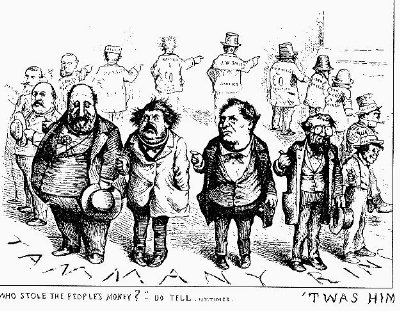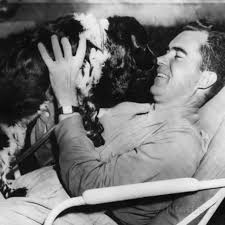Virginia in 2008
Wednesday, January 25th, 2006The most obscure presidential candidate you’ll ever see me (and probably anyone else) mention, and I toss up that qualifier because I recently mentioned him on this blog and I’m about to do so again — DeWitt Clinton — had a three-prong strategy to win the White House. First: tell electors who want to hear that he opposes the War of 1812 and will end it when in office that he opposes the War of 1812 and will end it when in office. Second, tell electors who want to hear that he supports the War of 1812 that he will do a better job of carrying it out than James Madison. And thirdly, most importantly for my purposes here: stoke up anti-Virginia feeling, and the creeping sensation that Virginia is controlling the nation.
George Washington — #1, Thomas Jefferson — #3, and James Madison — #4 all heralded from Virginia at the time DeWitt Clinton made his bid for the White House. James Monroe came in next, making Virginia citizenship the Skull and Bones of the day. (Okay. It all had to do with the population pull the state had on the nation’s slate of electors. The post – Civil War era brought a bunch of Ohioans into office — a sure sign that the democratic process had altered to an entirely different set of criteria. Today we elect one affected souther drawal after another.) Carrying on with Virginia — the state has flatlined: William Henry Harrison — #9, John Tyler — #10, Zachary Taylor — #12, and then finally Woodrow Wilson snuck in ages later as an aberation at number 28.
Today, we have a specter looming of a possible presidential campaign between George Allen and Mark Warner. George Allen having recently won an Insider’s Game over key advisors. Reminds the Republican Bush-lovers of Bush — “Compassionate Conservatism” redux. (Shrug.) Senator of Virginia.
Mark Warner. Former Governor of Virginia. Turned the state purple, polls show him beating George Allen in any hypothetical race in Virginia. Is credited with having a Democrat take his spot in the Gubernatorial seat. Moderate — and we all love moderates, don’t we?
There was this weird article in the midst of the 2000 recount fiasco which had a Literature Professor claim that he would find a book on America that ended with the 2000 election as conclusion to the democracy a book too trite. The literary cues are too obvious… we start with a “W” and end with a “W”. We start with an uncontested election, we end with of a bitterly split election.
Mark Warner versus George Allen brings to mind that we start with Virginia and the Free Masons (Free Mason mania coming in due time) and we end with Skull and Bones (one election back) and Virginia. The symmetry of starting and ending a Democracy is there once again.
Virginia in 2008. Watch for it by name.





